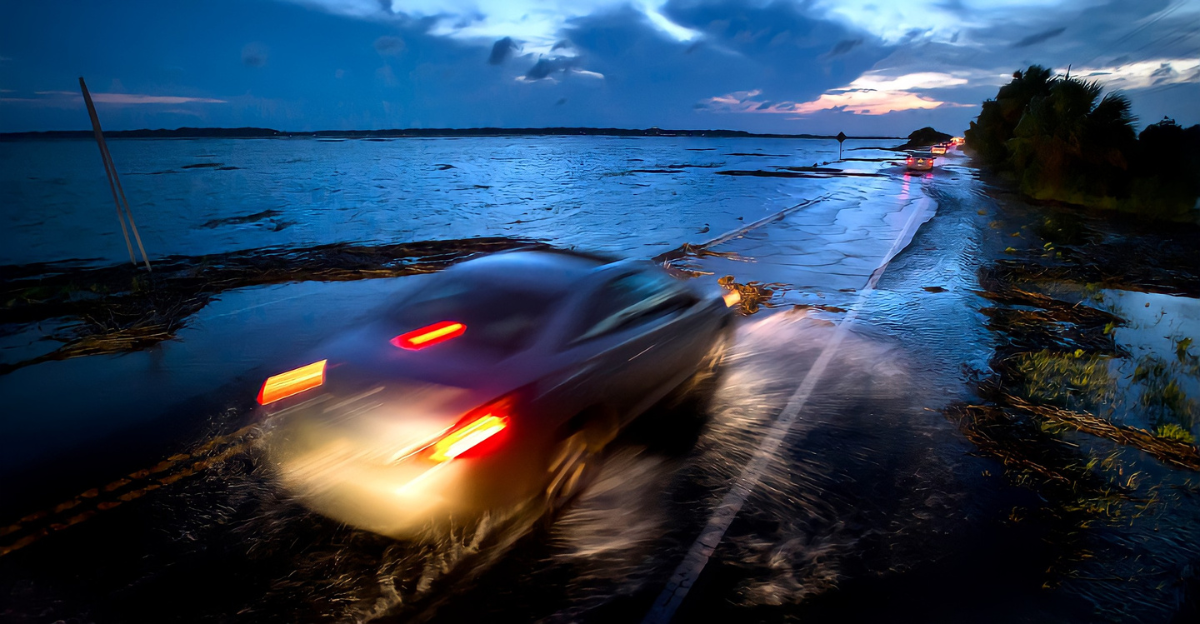
Beachgoers and fishermen along the New England coast have noticed something remarkable this summer. Warm-water species that have never belonged in these chilly northern waters suddenly show up startlingly. The Boston Globe reports that manatees, typically found no farther north than the Carolinas, have been spotted multiple times off Massachusetts shores for the first time in nearly a decade, while great white sharks are appearing in numbers that have scientists taking notice.
Temperature Crisis Accelerates: Gulf of Maine Heating Three Times Faster Than Global Oceans
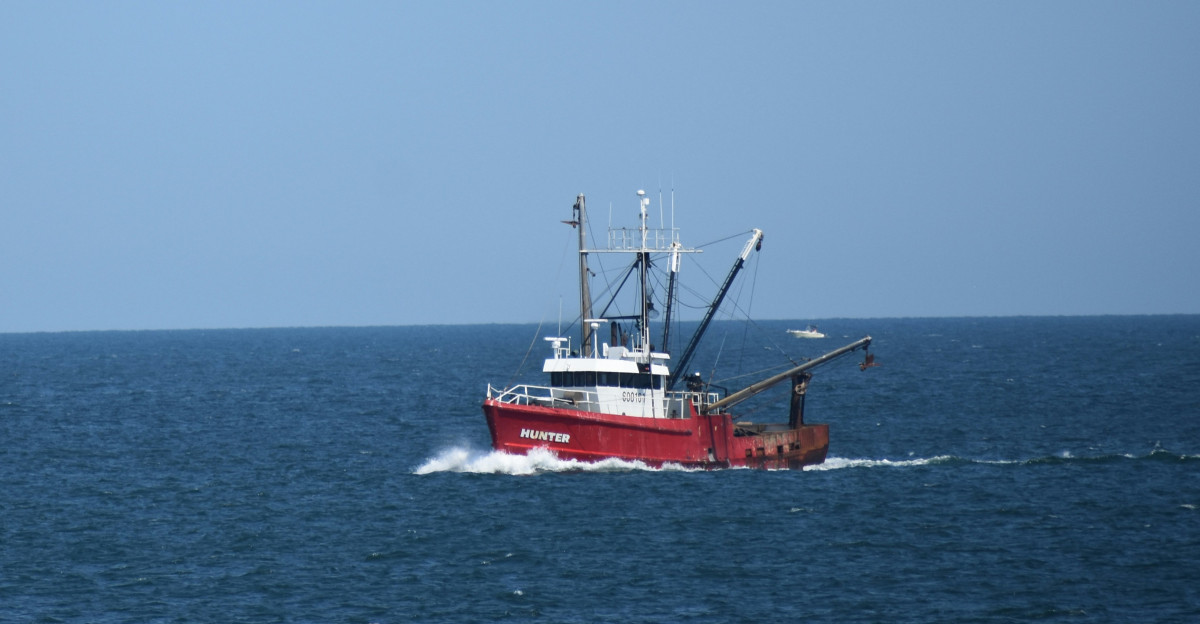
The Gulf of Maine is experiencing an unprecedented temperature crisis, which oceanographers describe as unprecedented. According to research from the University of Maine, the region has been warming at three times the rate of global oceans over the past three decades, with the past fifteen years showing heating at seven times the global average. This rapid warming has created an environment where tropical species can survive in waters that were once too cold, fundamentally reshaping the marine ecosystem that New England communities have depended on for generations.
Historical Foundation Cracking: Centuries of Cold-Water Dominance Now Under Threat
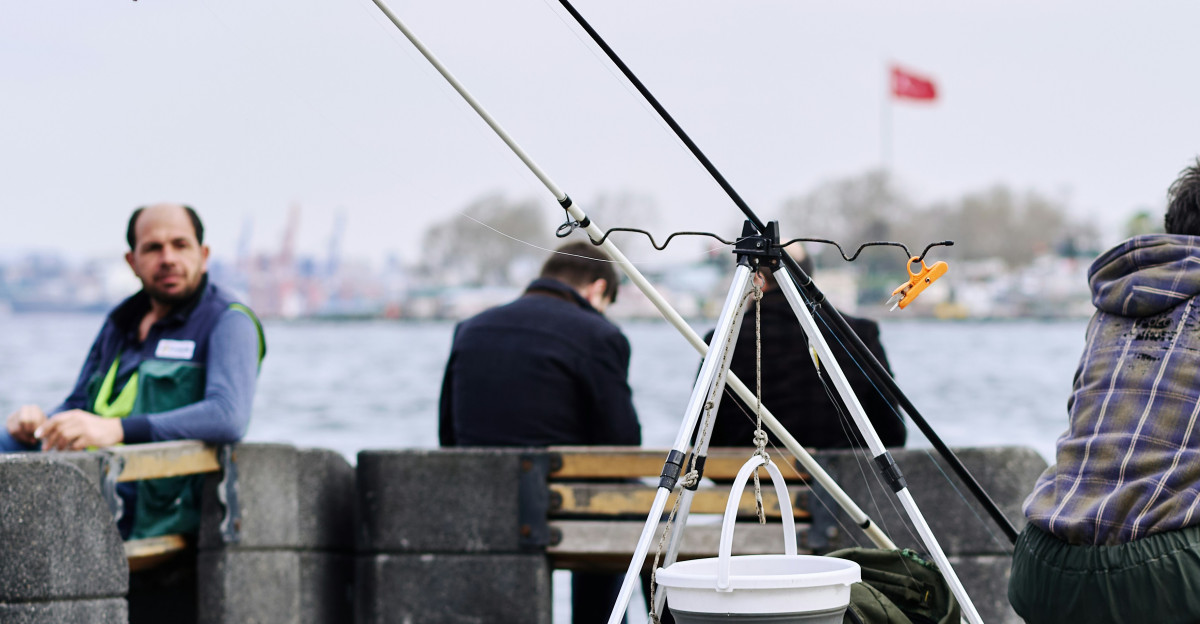
For hundreds of years, the Gulf of Maine served as a reliable home for cold-water species that formed the backbone of New England’s maritime economy. Atlantic cod, North Atlantic right whales, and American lobster populations thrived in these naturally calm waters, supporting fishing communities and coastal cultures that stretched back to colonial times. NOAA Fisheries data shows these species evolved to depend on specific temperature ranges and seasonal patterns that remained relatively stable for centuries.
Mounting Evidence Points to Ecosystem Upheaval as Traditional Species Flee North
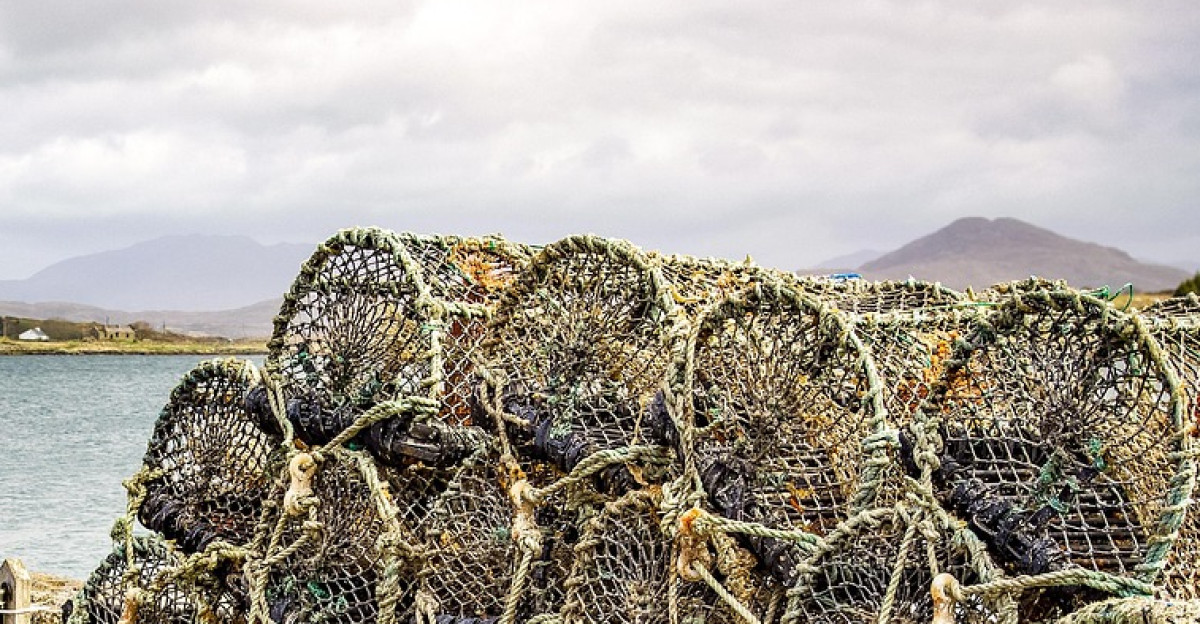
The pressure on native species has been building steadily as ocean temperatures rise. Marine biologists report that Atlantic cod populations are increasingly moving northward into Canadian waters, while lobster catches in southern New England have declined significantly over the past decade. Research published in Marine Ecology Progress Series indicates that these shifts are happening faster than many species can adapt, creating ecological imbalances that could have lasting consequences for both marine life and the humans who depend on them.
Scientists Deliver Shocking Confirmation: Daily Reports of Tropical Invaders Now Standard
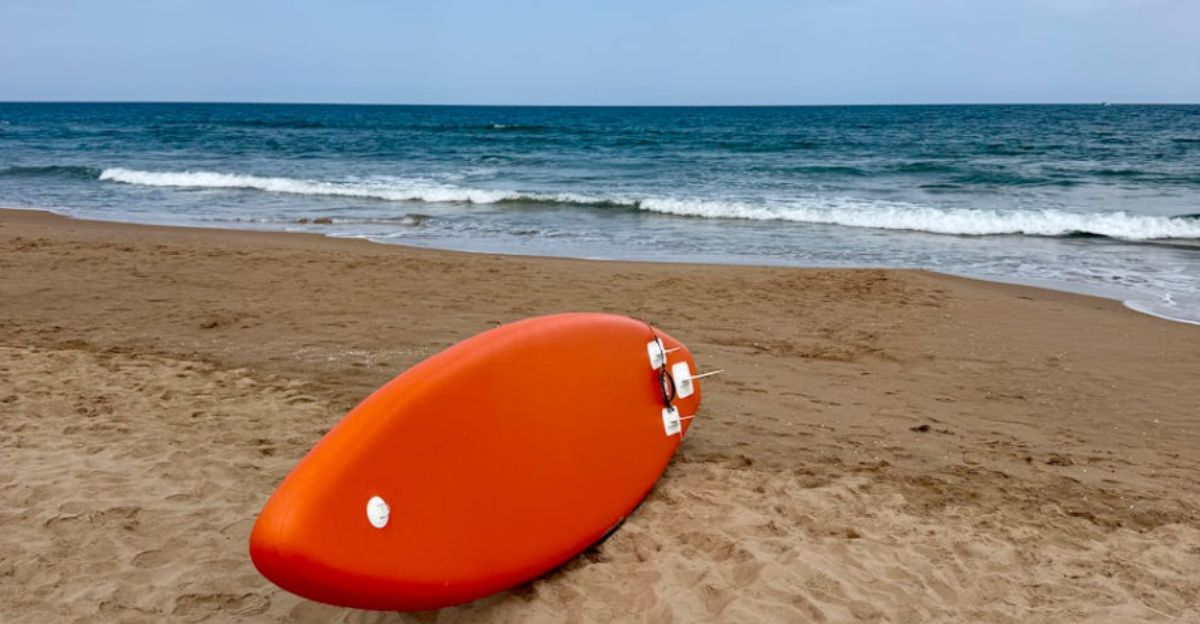
This August, marine scientists officially confirmed what coastal observers have been witnessing firsthand. John Durbin from the Anderson Cabot Center for Ocean Life told WGBH that researchers now receive daily reports of unusual warm-water species appearing in New England waters. The confirmation represents a watershed moment, marking the first time scientists have documented such a consistent and widespread presence of tropical species in traditionally temperate waters.
Fishing Communities Face Economic Reality as Traditional Catches Disappear
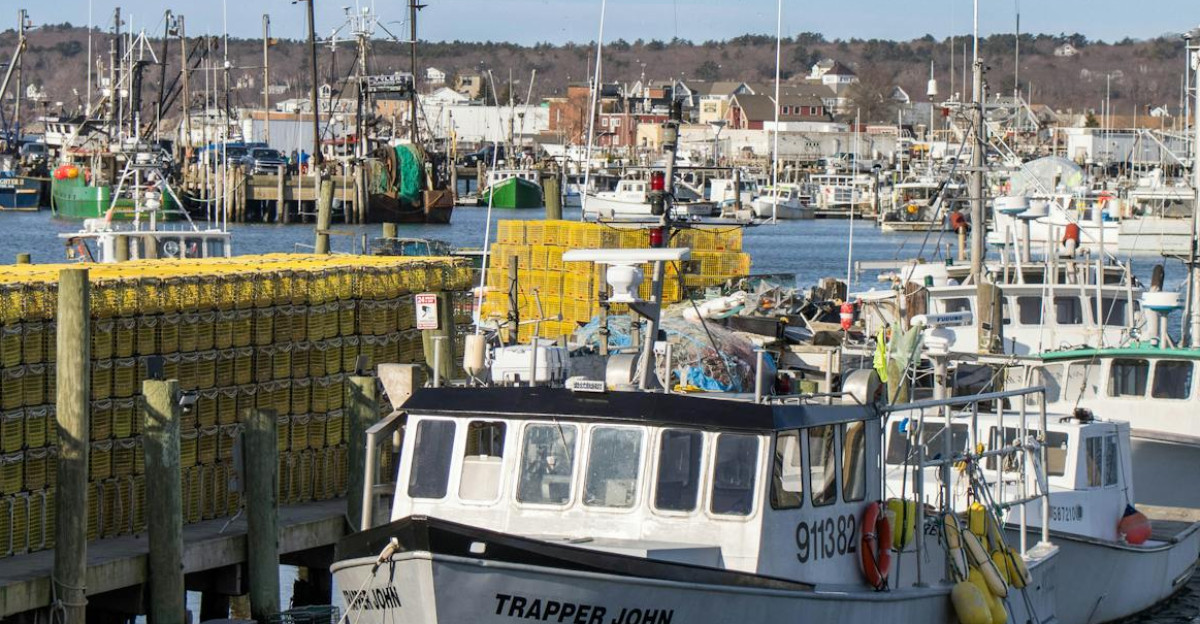
The economic impact on New England’s fishing industry is becoming impossible to ignore. Commercial fishermen report that species they’ve relied on for decades are becoming increasingly difficult to find in traditional fishing grounds. According to industry data, lobster landings in Massachusetts have dropped by more than 30% in recent years. At the same time, cod populations have moved so far north that many boats can no longer reach them economically.
Local Voices Express Wonder and Worry Over Unprecedented Marine Changes

Longtime Massachusetts resident Colleen Bowie captured the mixed emotions many locals are experiencing when she told CBS News about the changes she’s witnessed. “It remains beautiful, and we are fortunate to be here,” she said, “but I wish the changes weren’t so drastic.” Fishermen echo similar sentiments, with one veteran telling the Boston Globe that seeing manatees in Massachusetts waters was something he never imagined possible in his lifetime.
Federal Response Intensifies as NOAA Scrambles to Track Rapidly Shifting Species

The Anderson Cabot Center for Ocean Life, working in partnership with NOAA, has significantly expanded its monitoring efforts to document the unprecedented changes. Teams are now conducting more frequent aerial surveys and deploying advanced tracking technology to map the movements of warm-water species and departing cold-water populations. The data they’re collecting is helping scientists understand the speed and scope of these ecological shifts in real time.
Global Context Reveals New England as a Canary in the Climate Change Coal Mine
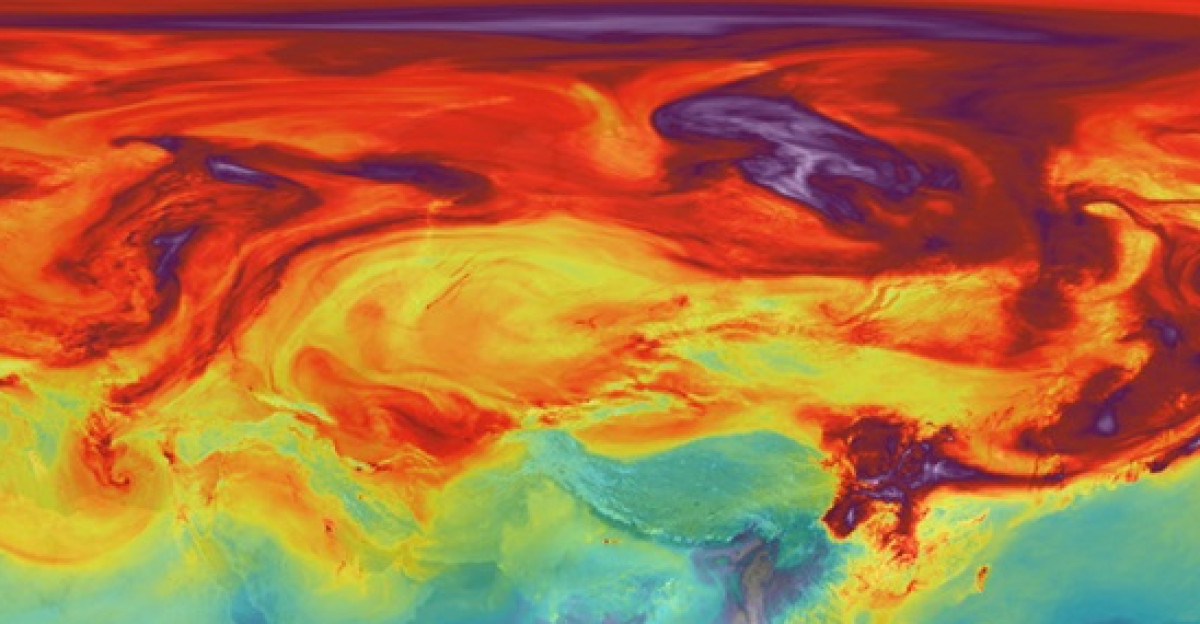
What’s happening in New England waters reflects a worldwide pattern of marine disruption. Climate scientists point out that the oceans absorb more than 90% of excess global heat, and the Gulf of Maine’s unique geography makes it particularly vulnerable to rapid temperature changes. The region’s relatively shallow waters and semi-enclosed basin create conditions that amplify warming trends, making it an early indicator of what other ocean regions may experience.
Apex Predators Signal New Era: Great White Sharks Thrive in Warmer Waters
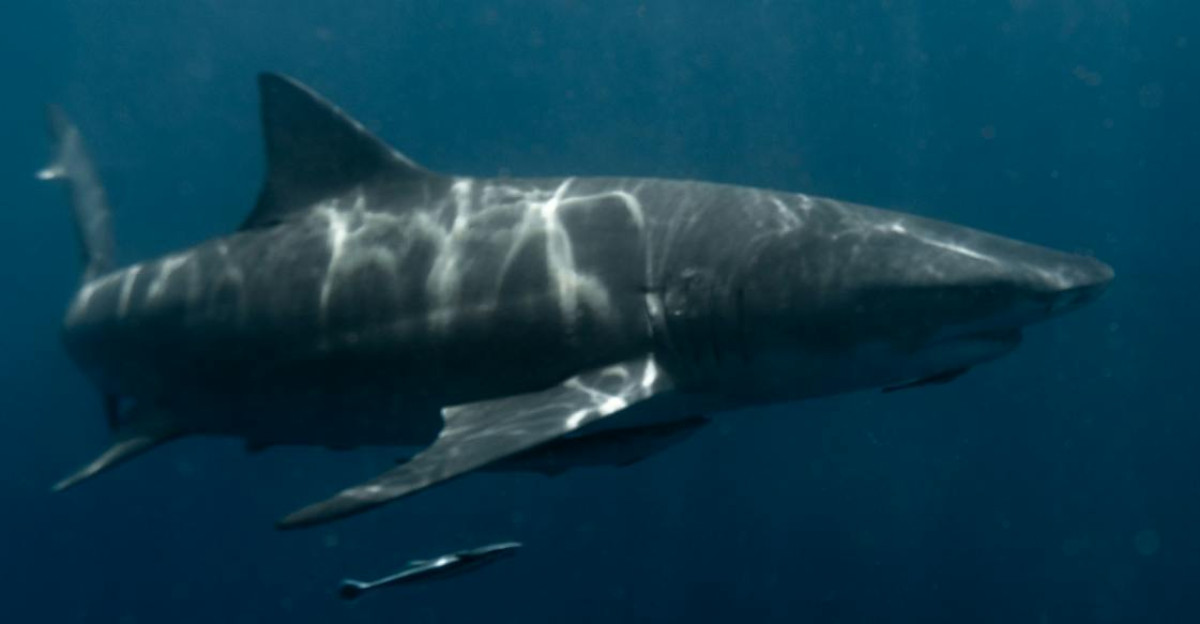
The surge in great white shark sightings around Cape Cod represents more than just a curiosity for beachgoers. Marine biologist John Chisholm explains that warmer waters increase shark metabolism, making them more active and requiring more food. The Massachusetts Department of Marine Fisheries reports that acoustic receivers detected multiple tagged sharks off Cape Cod this weekend alone, with some individuals spending significantly more time in northern waters than ever before recorded.
Rescue Teams on High Alert as Displaced Species Struggle in Unfamiliar Territory
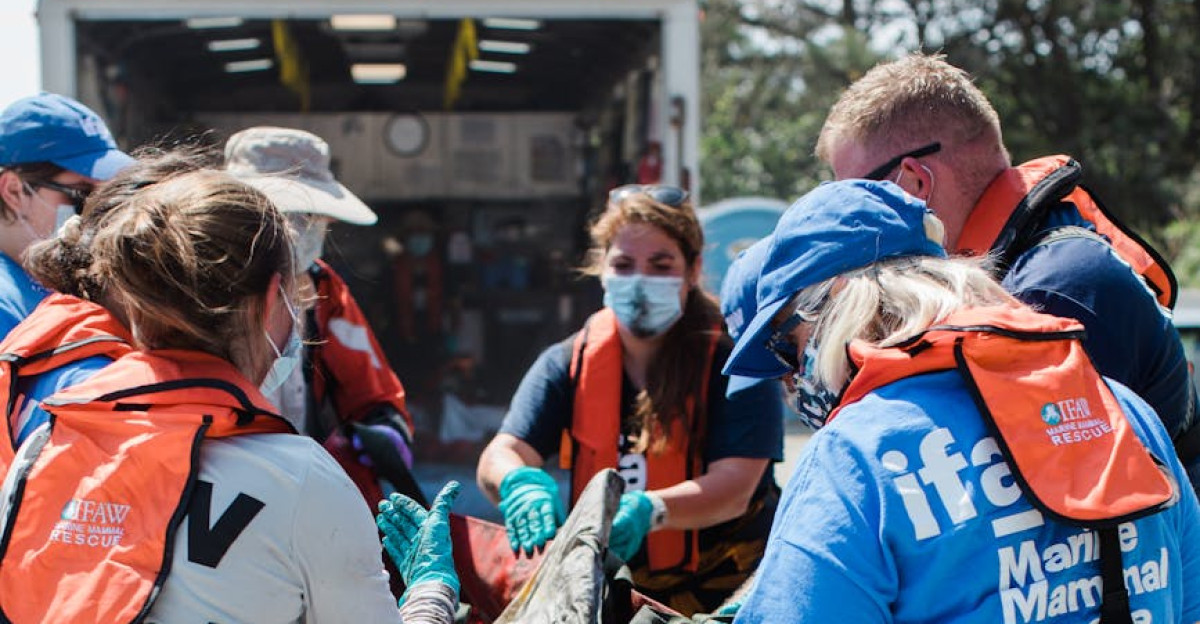
The International Fund for Animal Welfare has mobilized response teams to monitor displaced warm-water species that may not survive in their new northern environment. While current water temperatures allow tropical species to survive temporarily, scientists warn that these animals face serious challenges, including a lack of suitable food sources and potential cold shock when temperatures drop. The organization reports being on standby for possible rescue operations as the situation develops.
Management Crisis Looms as Regulations Struggle to Keep Pace with Nature

State and federal wildlife agencies are grappling with the need to update regulations and management plans at an unprecedented pace. Traditional fishing quotas and protected zones were established based on historical species distributions that no longer apply. NOAA officials acknowledge revising habitat maps and protection boundaries almost yearly as species ranges shift, creating regulatory uncertainty for conservationists and commercial interests.
Scientific Community Launches Massive Research Initiative to Track Marine Refugees
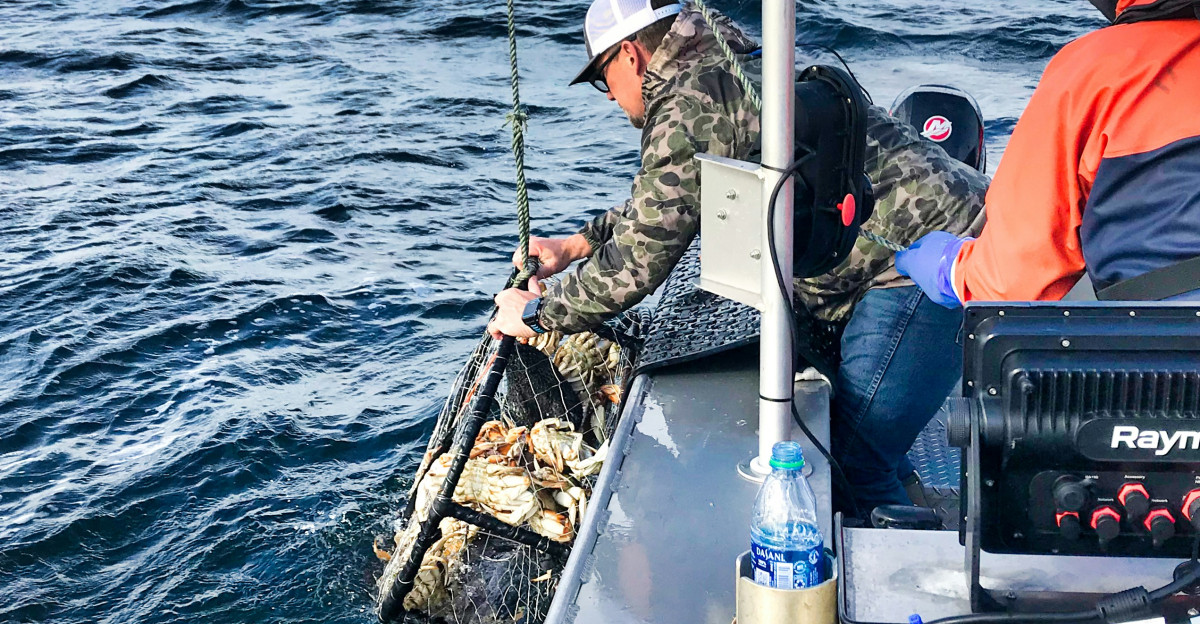
Research institutions across New England have coordinated to launch expanded field studies to track species movements and map warming hotspots. The New England Aquarium, Gulf of Maine Research Institute, and other organizations are collaborating on citizen science projects that enable volunteers to report sightings and contribute to the growing database of environmental changes. These efforts provide crucial real-time data that helps predict where species might appear next.
Experts Urge Caution Against Drawing Permanent Conclusions from Dramatic Changes
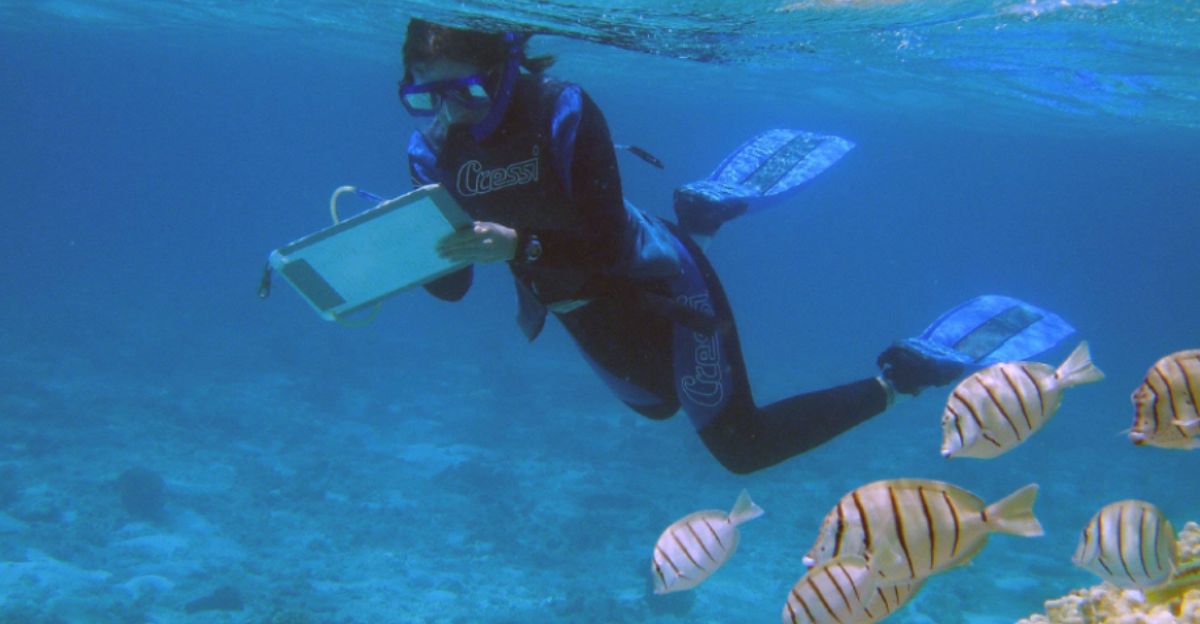
Despite the compelling evidence of environmental change, marine scientists emphasize the need for careful analysis before declaring the shifts permanent. Dr. Susan White from the Anderson Cabot Center notes that while unusual sightings persistently and frequently are unprecedented, the marine environment is complex and can experience natural fluctuations. Researchers stress that continued monitoring and data collection will be essential to distinguish between temporary anomalies and permanent ecosystem changes.
Crystal Ball Shows Uncertain Future as Scientists Race to Predict Next Chapter
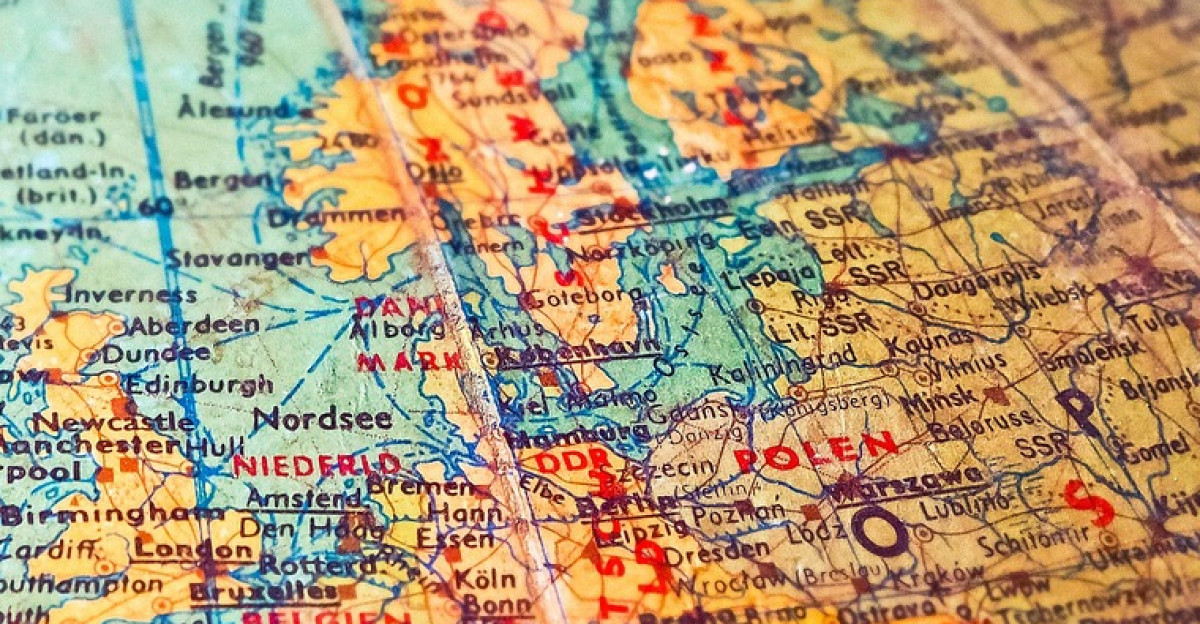
The coming months and years will be critical for determining whether this summer’s dramatic changes represent a temporary disruption or the new normal for New England waters. Climate modelers are working to refine their predictions about which areas might become future hotspots for species migration, while marine biologists are developing new frameworks for understanding how quickly ecosystems can adapt to rapid environmental change.
Political Machinery Begins Moving as Lawmakers Confront Ocean Reality

New England legislators are beginning to grapple with the policy implications of rapidly changing marine ecosystems. Proposed legislation includes increased funding for climate-resilient fisheries management and stricter emission reduction commitments. Environmental advocates are pressing for faster action on local conservation measures and global climate policy, arguing that the changes in marine life are urgent evidence of the need for comprehensive environmental protection.
International Waters Bring Shared Challenges as Marine Migrations Cross Borders
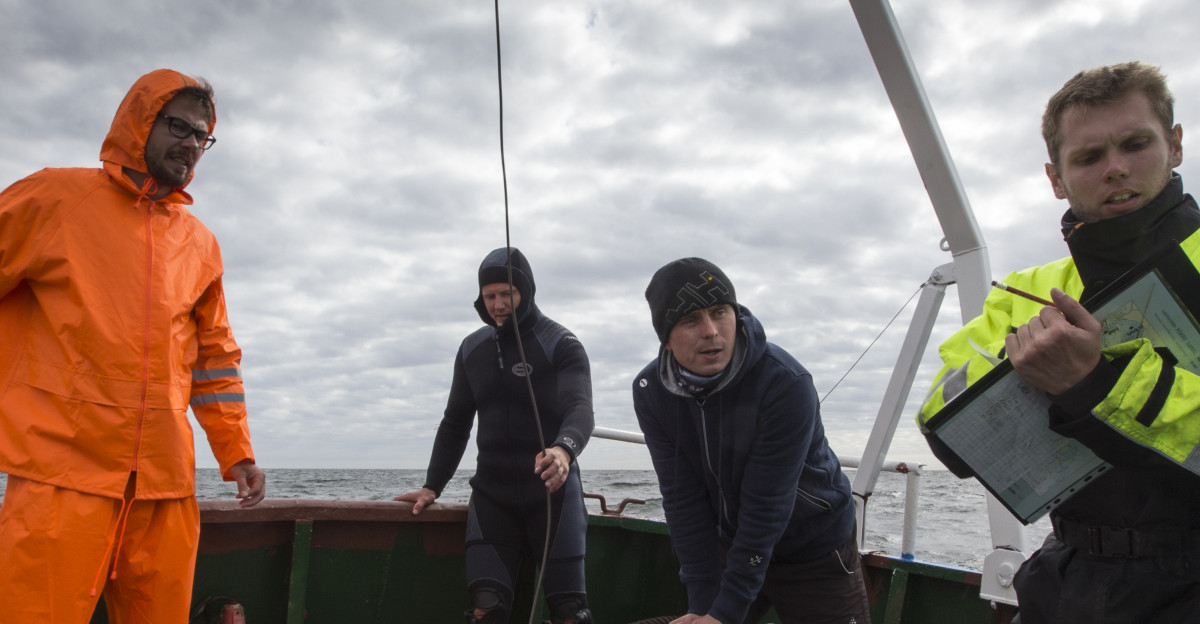
Canadian researchers report similar patterns of warm-water intrusions into Atlantic waters, prompting increased collaboration between American and Canadian scientists. The cross-border nature of marine migrations creates new challenges for research and management, as species don’t recognize national boundaries. International cooperation is becoming essential for tracking and protecting species that may spend portions of their lives in different countries’ waters.
Legal Battles Brewing as Environmental Groups Challenge Current Protections
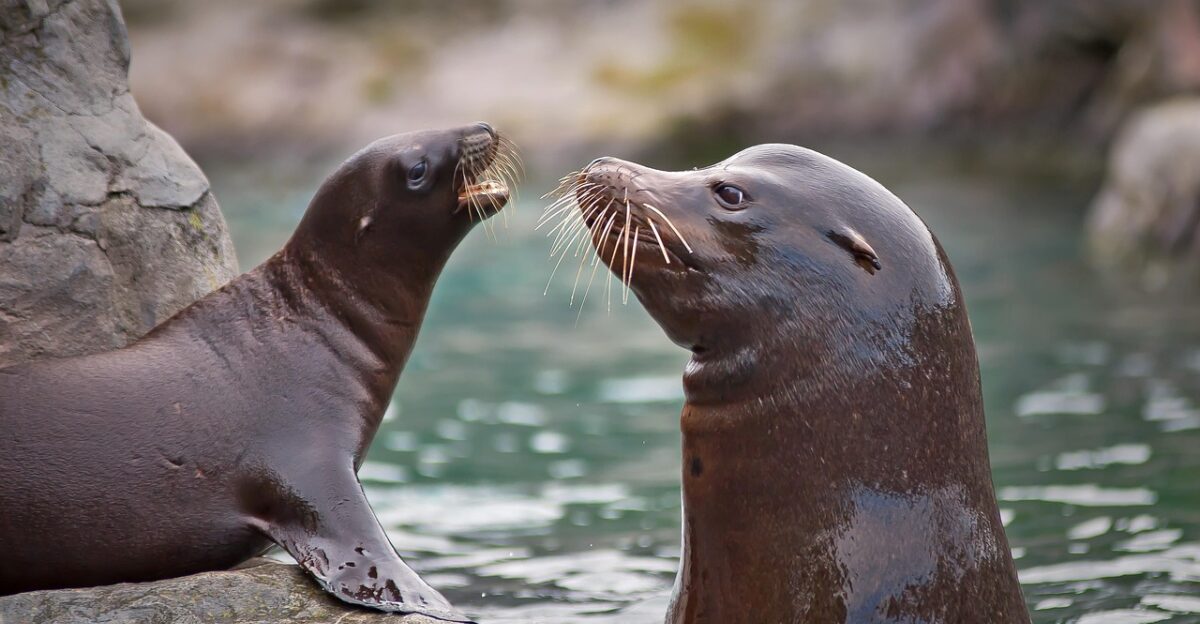
Environmental organizations are preparing legal challenges to current fishing and shipping regulations, arguing that existing protections are inadequate for the rapidly changing marine environment. Recent court filings reflect growing tension between traditional maritime industries and conservation groups, who say dramatic ecosystem changes require equally dramatic policy responses. The legal framework governing ocean use may need fundamental restructuring to address the new reality of climate-driven species migrations.
Cultural Shift Emerges as Communities Learn to Live with Ocean’s New Reality

The changes in marine life are creating cultural ripple effects throughout coastal New England communities. Local news outlets now regularly feature stories about unusual species sightings, while educational programs are helping residents understand and adapt to their changing ocean environment. Tourism operators are beginning to market “unique wildlife” experiences, attempting to turn ecological disruption into economic opportunity while communities learn to coexist with their dramatically altered marine neighbors.
Moment of Truth Approaches as Ocean Changes Force Fundamental Reckoning

These “obvious and easy to see” transformations in New England waters represent more than interesting wildlife stories. They signal a critical moment when the abstract concept of climate change becomes a lived reality for coastal communities. As scientists, policymakers, and residents confront an ocean ecosystem in rapid transition, their responses will determine the fate of marine species and the future relationship between humans and the sea itself.